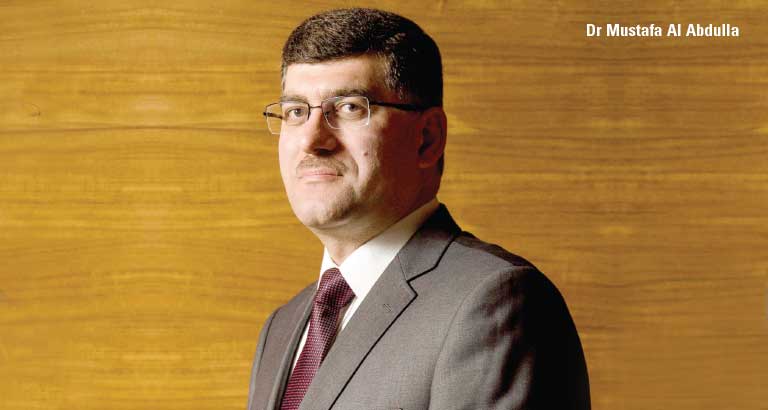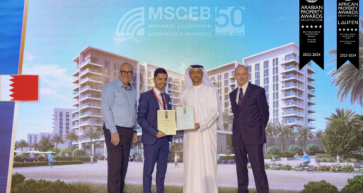
Royal Bahrain Hospital
Dr Mustafa Al Abdulla, consultant gastroenterologist at Royal Bahrain Hospital, explains the role of an endoscopic ultrasound for a precise diagnosis.
An endoscopic ultrasound is used to accurately investigate problems of the gastrointestinal system and organs such as the liver, gall bladder and pancreas by ultrasound waves. It shows a doctor all these organs in high resolution, enabling them to make an exact diagnosis for the patient.
It is a simple process in which an echo-endoscope, which is similar to the usual gastroscope, is inserted through the patient’s mouth and oesophagus, to the duodenum (shortest part of the small intestine) while he or she is under sedation. The transducer at the tip of the endoscope sends waves through the wall of the intestine and collects information and images of the organs around the stomach and duodenum, giving clear details of the pancreas, pancreatic duct, the gall bladder, liver and the bile ducts.
Gastrointestinal conditions such as pancreatic diseases like stones, cysts, tumours, inflammation, pancreatitis, duct anomalies and others are better viewed with this method, as compared to image modalities like the CT Scan and MRI. Another key benefit of this procedure is that there is no exposure to radiation. Furthermore, benign and malignant tumours of the oesophagus, stomach, pancreas and colon can be evaluated from the gastrointestinal tract. The size of the tumour, its depth of invasion, and whether it has spread to the surrounding lymph nodes and organs, can be determined. An endoscopic ultrasound is currently the best method to evaluate the pancreas and pancreatic lesions.
This safe procedure is carried out at Royal Bahrain Hospital in a short time under simple sedation like any other endoscopy.
Call 17 246-800, email [email protected], book online at www.royalbahrainhospital.com or download the Royal Bahrain Hospital mobile app on iOS and Android devices.



